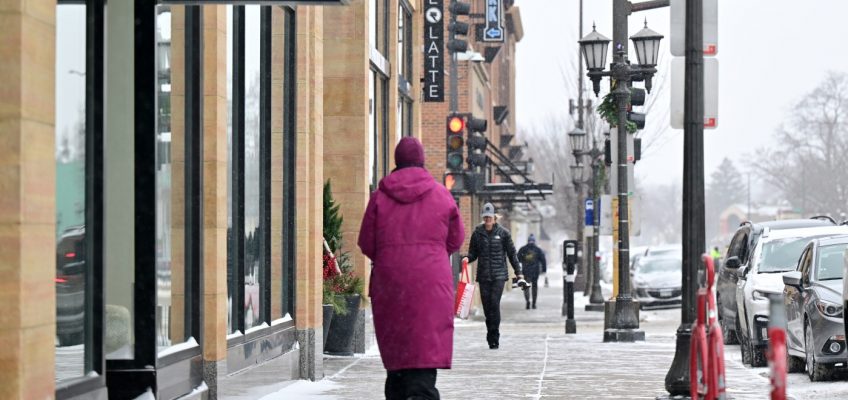By KONSTANTIN TOROPIN, Associated Press
WASHINGTON (AP) — U.S. Southern Command announced that it had conducted another strike against a small boat in the eastern Pacific Ocean on Thursday, following a pause of almost three weeks.
It is the 22nd strike the U.S. military has carried out against boats in the Caribbean Sea and eastern Pacific Ocean that the Trump administration claimed were trafficking drugs.
There were four casualties in Thursday’s strike, according to the social media post, bringing the death toll of the campaign to at least 87 people.
Related Articles
Grand jury rejects new mortgage fraud indictment against New York Attorney General Letitia James
Stress of Houthi combat was a key factor in series of costly Navy mishaps, investigations show
4-day school weeks are growing in popularity, despite a lack of data on the effects
After shutdown, federal employees face new uncertainty: affording health insurance
US Treasury slaps $7.1M fine on New York firm for managing properties for Putin ally
In a video that accompanied the announcement, a small boat can be seen moving across the water before it is suddenly consumed by a large explosion. The video then zooms out to show the boat covered in flames and billowing smoke.
The strike was conducted the same day Adm. Frank “Mitch” Bradley appeared for a series of closed-door classified briefings at the U.S. Capitol as lawmakers began an investigation into the very first strike carried out by the military on Sept. 2. The sessions came after a report that Bradley ordered a follow-on attack that killed the survivors to comply with Defense Secretary Pete Hegseth’s demands.
Bradley told lawmakers there was no “kill them all” order from Hegseth, but a stark video of the entire series of attacks left some lawmakers with serious questions.
Legal experts have said killing survivors of a strike at sea could be a violation of the laws of military warfare.
Bradley spoke to lawmakers alongside the chairman of the Joint Chiefs of Staff, Gen. Dan Caine, in a classified session. His testimony provided fresh information at a crucial moment as Hegseth’s leadership comes under scrutiny, but it did little to resolve growing questions about the legal basis for President Donald Trump’s extraordinary campaign to use war powers against suspected drug smugglers.
Lawmakers offered differing accounts of what they saw on the video.
Republican Sen. Tom Cotton of Arkansas said he saw the survivors “trying to flip a boat loaded with drugs bound for United States back over so they could stay in the fight.”
Connecticut Rep. Jim Himes, the top Democrat on the House Intelligence Committee, said, “What I saw in that room was one of the most troubling things I’ve seen in my time in public service.”
“You have two individuals in clear distress, without any means of locomotion, with a destroyed vessel,” he said, adding they “were killed by the United States.”
Washington Rep. Adam Smith, the top Democrat on the House Armed Services Committee, said the survivors were “basically two shirtless people clinging to the bow of a capsized and inoperable boat, drifting in the water — until the missiles come and kill them.”




